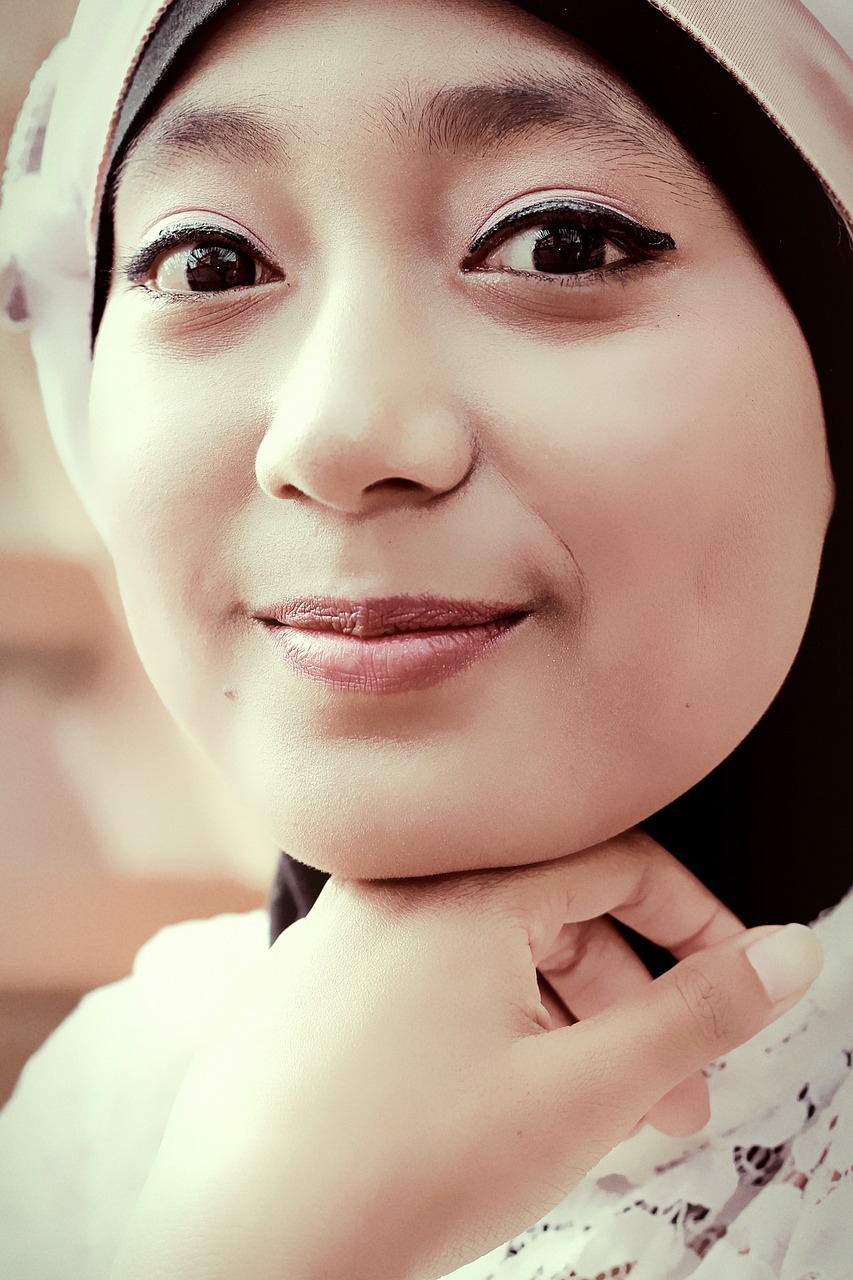It’s official. Nadiya Hussain has been crowned as our Great British Bake Off queen. The grand finale delivered dramatic camera angles, priceless one-liners and a healthy dose of blubbering. One of the highlights was when Mary Berry gently wiped away Nadiya’s tears and described her as “sheer perfection”.
It’s difficult to escape the current national obsession with the Luton-born 30-year-old – it feels as if nearly everyone wants a slice of her. Nadiyamania includes a Tumblr site called The Many Faces of Nadiya Appreciation, an image mimicking the Barack Obama “Hope” poster from his 2008 presidential campaign, and 55,300 Twitter followers – which rises with every pinch of her baking powder.
While Nadiya admitted she was slightly nervous that “perhaps people would look at me, a Muslim in a headscarf, and wonder if I could bake”, she seems to have united, and charmed, public opinion. Well almost. Amid the waves of loyal fans, there were some less than savoury members of our society who wanted to turn up the temperature on prejudice and division. A Daily Mail columnist, Amanda Platell, accused the Bake Off team for being too politically correct, saying that one white contestant, Flora Shedden, didn’t have a hope with her chocolate carousel and that “if she’d made a chocolate mosque, she’d have stood a better chance”.
Nadiya’s popularity has demonstrated how the vast majority of people in Britain embrace diversity and inclusivity, and are certainly not going to dismiss her based on religion, race or attire. That an Asian Muslim woman in a headscarf can win a thoroughly British competition proves that “Britishness” is a broader and more open concept than some would like us to think. It proves that whether you choose to wear a headscarf, a turban or a bowler hat, Britain is not limited by homogeneity but strengthened by diversity.






